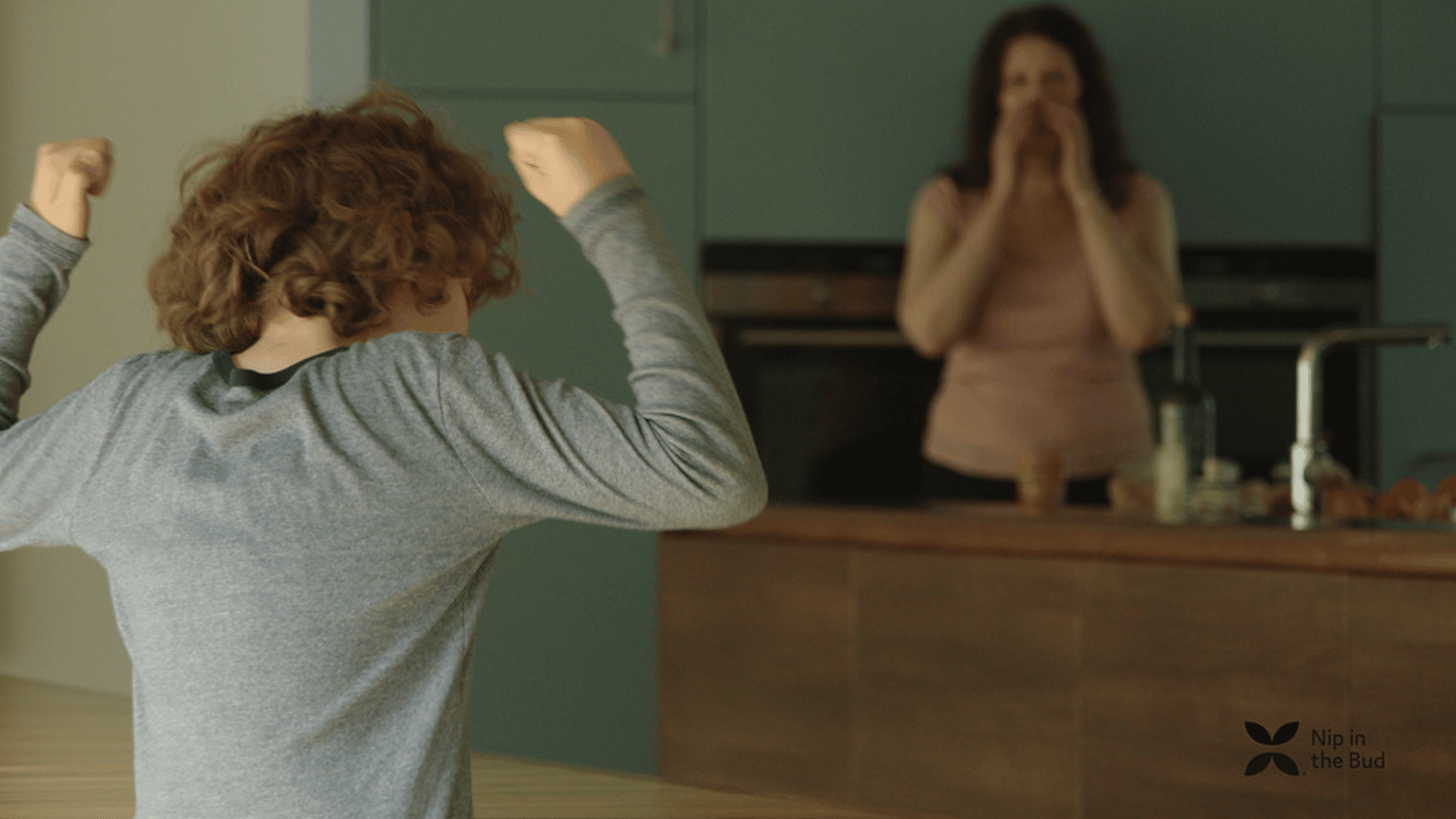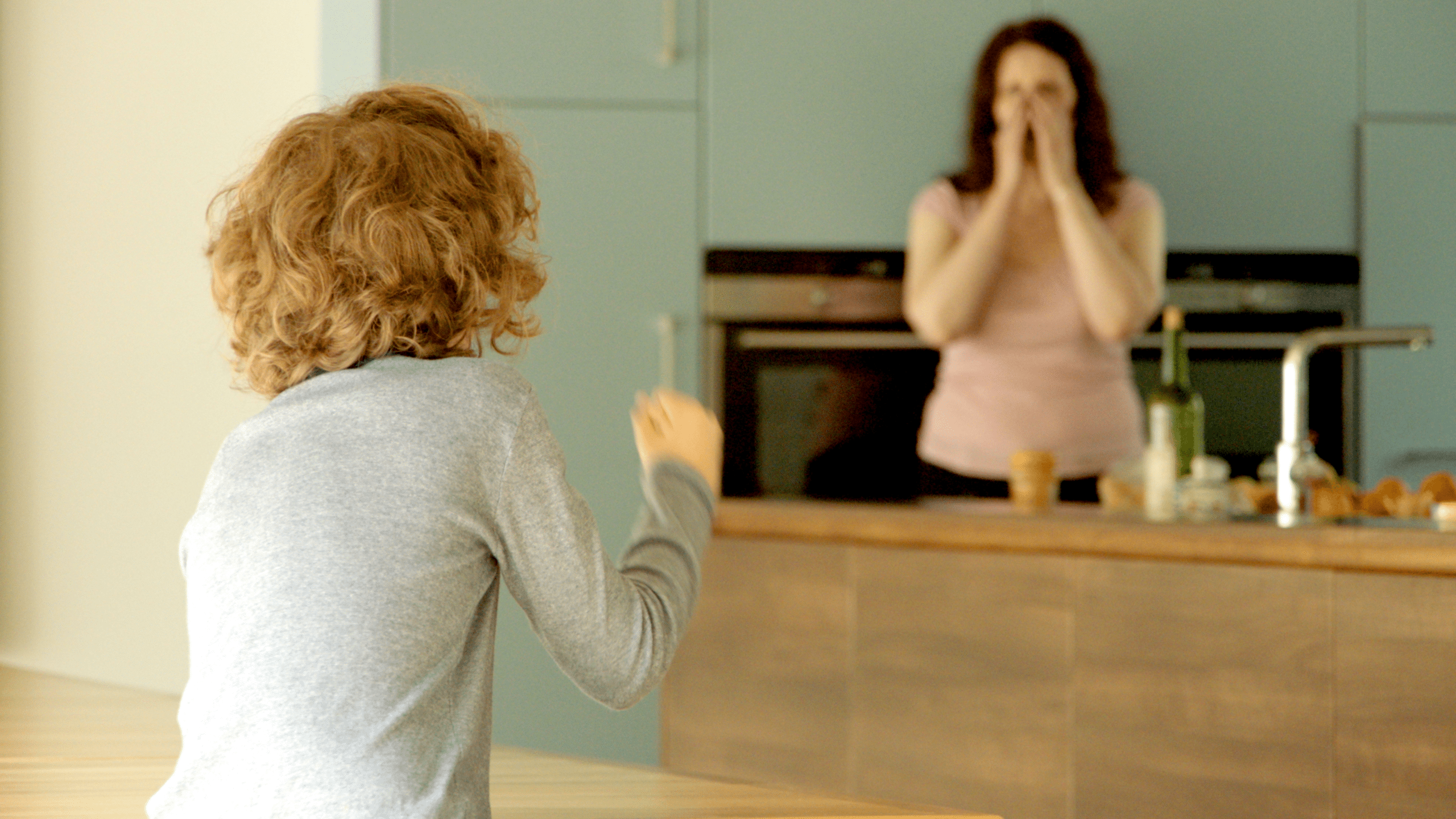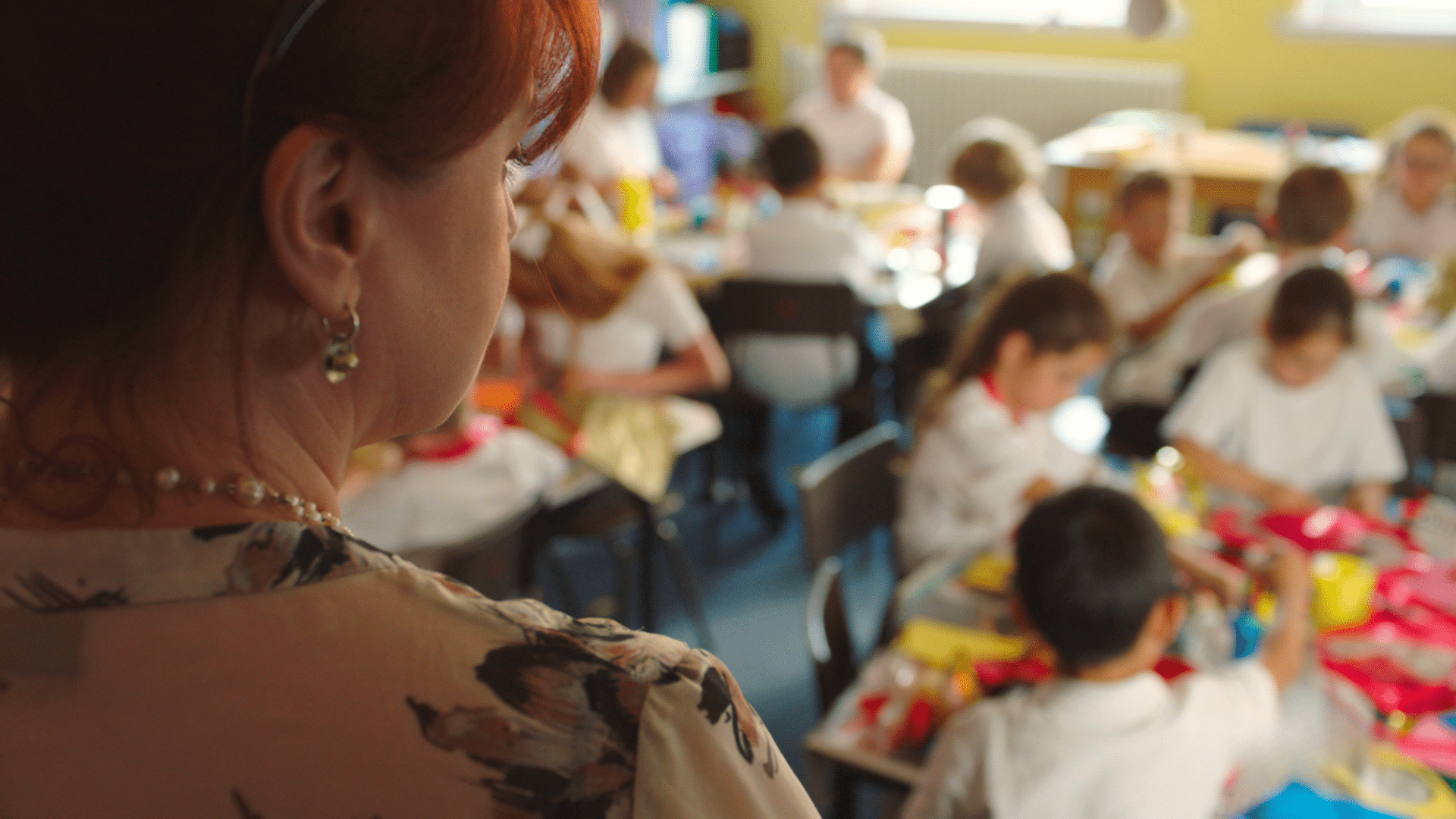
At Nip in the Bud, the majority of our information focuses on child mental health conditions. We outline the most common issues that can occur in children with clear and practical advice on how to support children who struggle with them. However, support for parents of children who suffer with mental health issues is equally important.
Here we’ll provide some advice about support for parents and how to look after your own mental health.
1) You don’t need to have all the answers
If your child is struggling with a mental health issue and asks for answers about what will happen to them, whether they’ll get better and what to expect in the long-term, it’s okay to admit that you don’t know. In fact, it’s better not to pretend that you know or provide false and unrealistic reassurance.
Instead, listen to them, without judgement, and ask them what they think will help. Reassure them that you will seek help and support from a professional (if applicable) and that you love them regardless of what happens next. Try to avoid placing too much responsibility on yourself or feeling stressed and anxious if you don’t have all the answers.
Support for parents means not having all the answers.
2) Encourage healthy habits as a family
If your child struggles with a mental health condition, it can sometimes feel like a full time job to manage their symptoms, behaviour and/or treatment.
Don’t forget to make time for yourself too. Engage in regular self care, including a healthy diet, exercise and relaxation or meditation to manage your own stress, worries or anxiety. This behaviour will also provide a good example to your family of how to look after their own health and can create a happier and more positive home environment.
Support for parents means staying fit and healthy
3) Look after your own mental health
As a parent it’s vital to make time to look after your mental health as well as your children’s. If you are feeling particularly stressed or anxious, or you think you may be suffering from depression, it may be time to speak to your GP.
Discuss your symptoms openly and honestly so the doctor can provide an accurate diagnosis and give you the best treatment options to suit your individual circumstances. You may be referred to a CBT professional, a psychotherapist, or prescribed medication if appropriate.
Remember that looking after your own mental health is a sign of courage and strength. It will also set a good example for your child to follow.
Support for parents means looking after your own mental health.
To find out more about mental health support for parents, visit the Mind website or speak to your GP.





